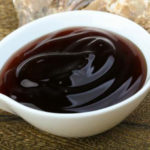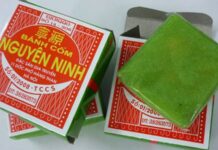Monosodium Glutamate (MSG)
Monosodium Glutamate, commonly known as MSG, is produced through the fermentation of sugar cane or grains. It is important to note that MSG is simply a flavor enhancer and does not replace essential nutrients. Some consumers tend to shy away from MSG due to concerns about its potential negative impact on the nervous system and overall health.
MSG contains the salt of glutamic acid, which is necessary for nerve transmission. However, an excess of glutamic acid can lead to nerve cell degeneration and an increased risk of Alzheimer’s disease.
When used in moderate amounts as a flavor enhancer, the glutamic acid in MSG is fully absorbed in the intestines and does not pose a danger to humans. It would take an excessive amount, exceeding 150g, of glutamate to cause harm to the brain.
However, it is important to note that MSG contains 13% sodium, and excessive consumption can increase the risk of high blood pressure and cardiovascular disease.
The flavor of MSG may also encourage people to add more salt to their dishes. Therefore, it is recommended to use MSG in moderation and reduce the amount of salt added when using MSG.
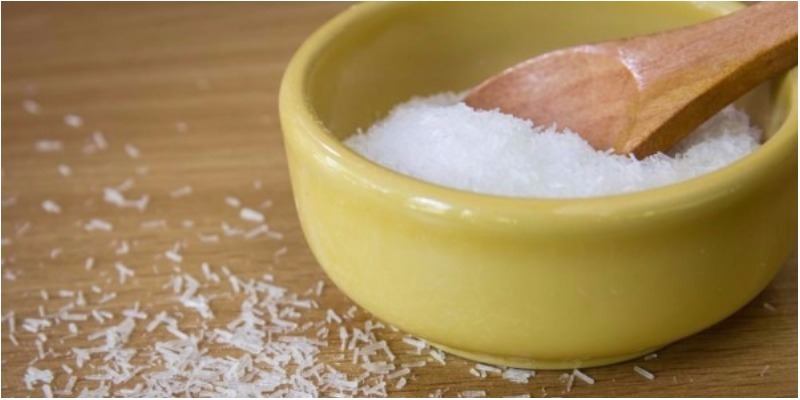
Seasoning Powder
Seasoning powder typically consists of extracts from meat, bones, vegetables, and some similar components to MSG. However, like MSG, seasoning powder is also just a mild flavor enhancer, and all its ingredients fall within the category of permitted food additives.
Similar additives can also be found in other products…
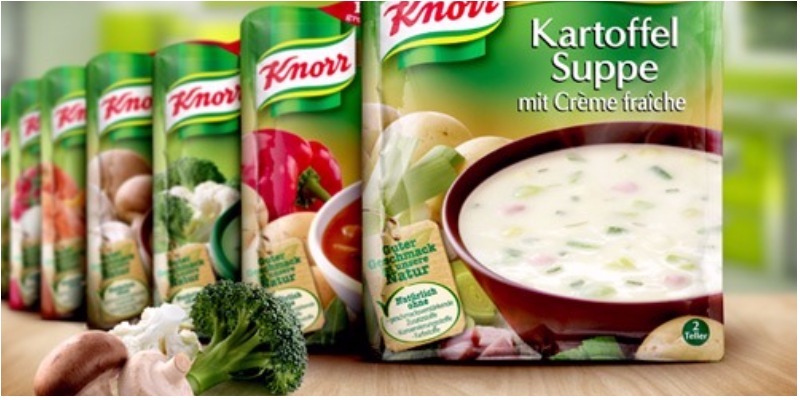
MSG vs. Seasoning Powder: Which is Better?
Some people prefer using seasoning powder over MSG due to concerns about Alzheimer’s disease and memory loss associated with MSG. However, there is no conclusive scientific evidence to support this claim.
Both MSG and seasoning powder are merely flavor enhancers, and both are safe when used in moderation. It is recommended to add seasoning powder or MSG after turning off the heat for 10 seconds to avoid the formation of harmful substances at high temperatures.
MSG and seasoning powder should not be used by pregnant women during the first trimester or by infants.
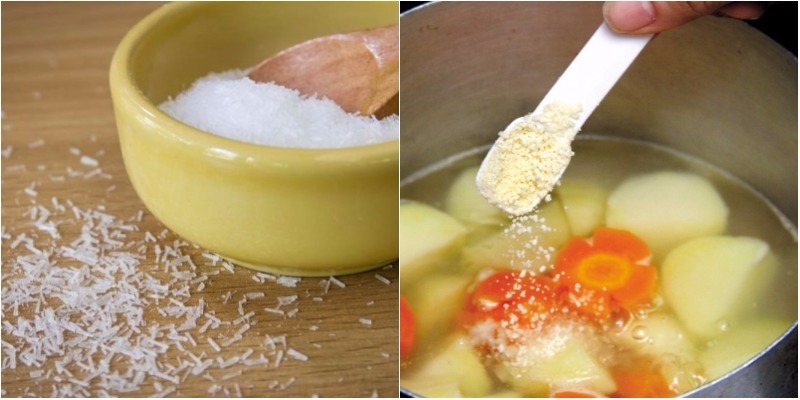
Reference: cooky.vn
We hope that this information helps you make informed decisions about using MSG and seasoning powder in your family’s food preparation.
























